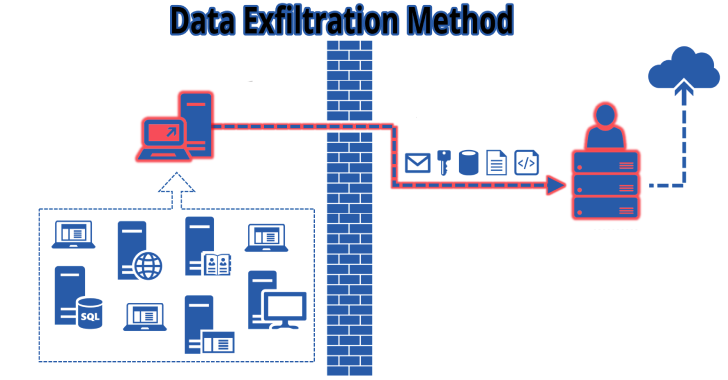Passpie is a command line tool to manage passwords from the terminal with a colorful and configurable interface. Use a master passphrase to decrypt login credentials, copy passwords to clipboard, syncronize with a git repository, check the state of your passwords, and more.
Password files are encrypted using GnuPG and saved into yaml text files. Passpie supports Linux, OSX and Windows.
What does it look like? Here is an example of a simple Passpie usage:
passpie init
passpie add foo@example.com –random
passpie add bar@example.com –pattern “[0-9]{5}[a-z]{5}”
passpie update foo@example –comment “Hello”
passpie
passpie copy foo@example.com
Also Read – Echidna : Ethereum Fuzz Testing Framework
Install
pip install passpie
Or if you are on a mac, install via Homebrew:
brew install passpie
Passpie depends on GnuPG for encryption
Usage: passpie [OPTIONS] COMMAND [ARGS]…
Options:
-D, –database TEXT Database path or url to remote repository
–autopull TEXT Autopull changes from remote pository
–autopush TEXT Autopush changes to remote pository
–config PATH Path to configuration file
-v, –verbose Activate verbose output
–version Show the version and exit.
–help Show this message and exit.
Commands:
add Add new credential to database
complete Generate completion scripts for shells
config Show current configuration for shell
copy Copy credential password to clipboard/stdout
export Export credentials in plain text
import Import credentials from path
init Initialize new passpie database
list Print credential as a table
log Shows passpie database changes history
purge Remove all credentials from database
remove Remove credential
reset Renew passpie database and re-encrypt…
search Search credentials by regular expressions
status Diagnose database for improvements
update Update credential
















